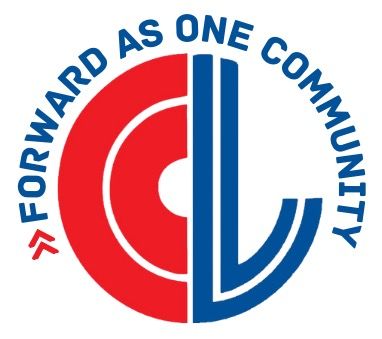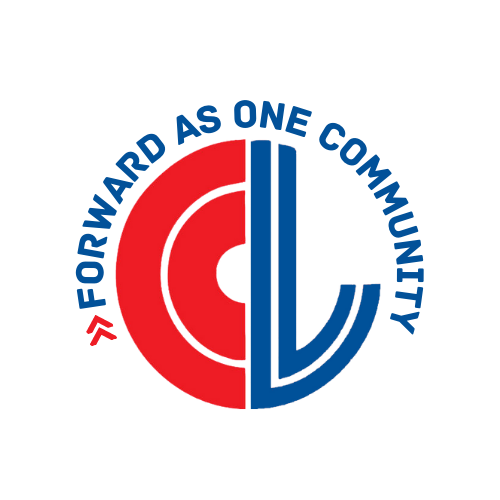Mastering Emotional Agility: A Vital Leadership Skill for Modern Workplaces
Why it matters: Leaders equipped with emotional agility can adapt to challenges, manage stress, and foster stronger team dynamics. In today’s fast-paced workplace, emotional agility isn’t just a "soft skill"—it’s a critical leadership tool.
Key takeaway: Cultivating emotional agility involves acknowledging emotions without being controlled by them, aligning actions with values, and creating a culture of openness and resilience.
540 words ~ 2.5 min.
In today’s dynamic and often unpredictable business environment, leaders face a barrage of challenges—tight deadlines, economic uncertainty, and team complexities, to name a few. While technical expertise and strategic thinking remain critical, emotional agility is emerging as the cornerstone of effective leadership. This ability to manage emotions and adapt thoughtfully to changing circumstances is what separates reactive leaders from truly impactful ones.
Why Emotional Agility Matters
Coined by psychologist Susan David, emotional agility is defined as the capacity to acknowledge and understand your emotions, then respond to them in a way that aligns with your values and goals. For leaders, this means navigating emotional challenges without letting stress or negativity cloud their judgment.
When leaders demonstrate emotional agility, they:
- Build trust: Teams are more likely to rally behind leaders who show empathy and emotional balance during difficult times.
- Make better decisions: Regulating emotions allows leaders to stay focused and think critically, even under pressure.
- Inspire resilience: Teams often mirror the emotional tone set by their leader. Emotionally agile leaders cultivate an atmosphere of calm and confidence, encouraging their teams to persevere through challenges.
In contrast, leaders who struggle with emotional awareness risk alienating their teams or making impulsive decisions that derail progress.
Actionable Tips to Develop Emotional Agility
- Pause and Reflect
When faced with a challenge, resist the urge to react immediately. Take a moment to reflect on what you’re feeling and why. Naming emotions — whether it’s frustration, anxiety, or disappointment — can help diffuse their intensity. Journaling or talking to a trusted colleague can also provide clarity. - Focus on Your Values
Emotional agility isn’t about suppressing feelings; it’s about ensuring your actions align with your values. Ask yourself, “What outcome do I want from this situation?” and “How can I respond in a way that reflects my integrity and leadership goals?” - Practice Self-Compassion
Leaders often hold themselves to impossibly high standards, which can fuel self-doubt and burnout. Emotional agility requires treating yourself with kindness, acknowledging missteps without judgment, and committing to growth. - Create a Safe Emotional Space for Your Team
Foster a workplace culture where team members feel safe to express their emotions. This doesn’t mean tolerating unprofessional behavior, but rather encouraging honest conversations and providing support during tough times. - Invest in Emotional Intelligence (EQ)
Emotional agility goes hand in hand with emotional intelligence. Strengthen your EQ by actively listening to others, empathizing with their perspectives, and managing conflict constructively.
The Payoff for Leaders and Teams
Developing emotional agility isn’t just about personal growth — it’s a strategic advantage. Leaders who can navigate their emotions effectively create a ripple effect across their organizations. Teams feel more supported, morale improves, and productivity rises.
Research has shown that leaders with high emotional intelligence directly contribute to better employee engagement and performance. The same principle applies to emotional agility: when leaders model emotional resilience and adaptability, their teams are more likely to do the same.
In a world where change is constant, the ability to lead with emotional clarity and compassion is non-negotiable. By prioritizing emotional agility, leaders can inspire trust, drive innovation, and guide their teams through uncertainty with purpose and confidence.
Further Reading
- The Science of Emotional Agility – Harvard Business Review
- Why Emotional Intelligence Matters at Work – Forbes
---
The Leavenworth-Lansing Area Chamber of Commerce is a private non-profit organization that aims to support the growth and development of local businesses and our regional economy. We strive to create content that not only educates but also fosters a sense of connection and collaboration among our readers. Join us as we explore topics such as economic development, networking opportunities, upcoming events, and success stories from our vibrant community. Our resources provide insights, advice, and news that are relevant to business owners, entrepreneurs, and community members alike. The Chamber has been granted license to publish this content provided by Chamber Today, a service of ChamberThink Strategies LLC.




